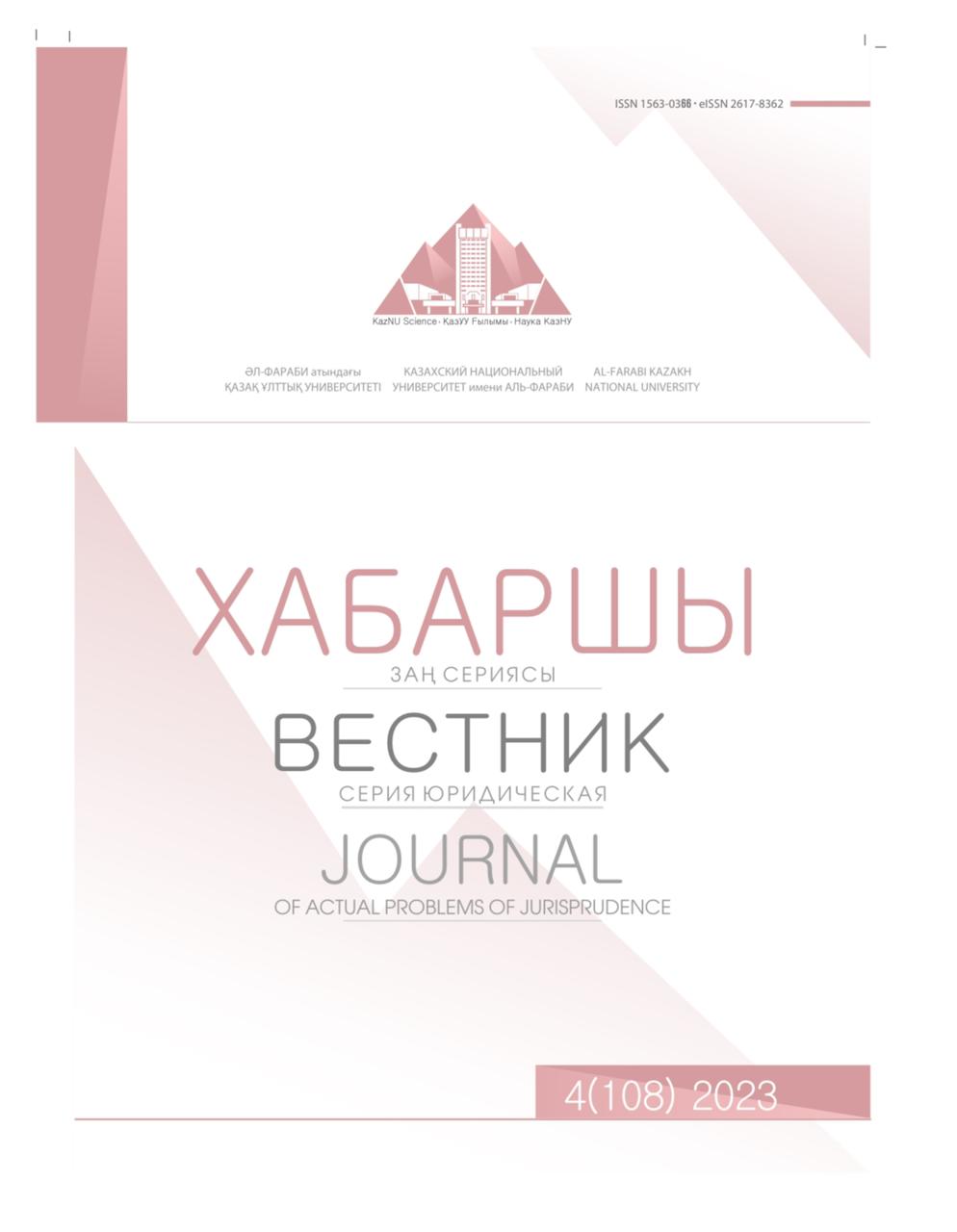ОПТИМИЗАЦИЯ УГОЛОВНОГО ЗАКОНОДАТЕЛЬСТВА: РЕФОРМИРОВАНИЕ УГОЛОВНО-ПРОЦЕССУАЛЬНОГО И УГОЛОВНО-ИСПОЛНИТЕЛЬНОГО ЗАКОНОДАТЕЛЬСТВА
DOI:
https://doi.org/10.26577/JAPJ.2023.v108.i4.013Аннотация
Уголовное законодательство, являющееся краеугольным камнем правовых систем, формирует уголовное преследование, защиту и вынесение судебного решения по уголовным делам. В этой статье рассматривается необходимость оптимизации уголовного законодательства с акцентом на реформе уголовно-процессуального и уголовно-исполнительного законодательства для решения современных задач профилактики правонарушении. Это подчеркивает необходимость адаптации к меняющимся сложностям, включая киберпреступность, терроризм и транснациональную организованную преступность, что требует активного пересмотра существующих нормативных правовых актов. Защита прав человека является еще одним важным фактором реформ, а принцип пропорциональности определяет усилия по приведению законодательства в соответствие с международными стандартами. Эффективное сдерживание преступности является центральной целью, основанной на теории рационального выбора, и достигается с помощью четких законов, последовательных санкций и информированности общественности. Тематические исследования из Европейского союза, Казахстана и Японии иллюстрируют различные подходы к обновлению уголовного законодательства в ответ на современные вызовы. Несмотря на барьеры при разработке и исполнении норм законодательства, этот непрерывный путь необходим для поддержания правосудия, защиты прав человека и верховенства закона в нашем постоянно развивающемся мире.
Ключевые слова: уголовное законодательство, правонарушения, Европейский союз, права человека, уголовно-исполнительное законодательство.













